The FERA Conference
The 2022 FERA Conference – also known as the Kasvatustieteen päivät, or Educational Sciences Days – took place at the University of Oulu on 24-25 November 2022. This year’s theme, ‘Multivocality in the Changing World of Education’, encouraged discourse on the understanding, manifestation, and stimulation of multivocality in education. It also shed light on the role of pluralism – the coexistence of different groups – in education, both at the level of the individual and at the level of communities. At this year’s FERA conference, GINTL organised a symposium on the theme ‘Global partnerships in education development’. This article presents the main takeaways from the symposium. First, we answer the question as to why a symposium on global partnerships in education development was necessary and give a summary of the presentations. Second, we reflect on the main takeaways from the symposium in terms of understandings of North-South partnerships as well as expertise and ownership in North-South partnerships.
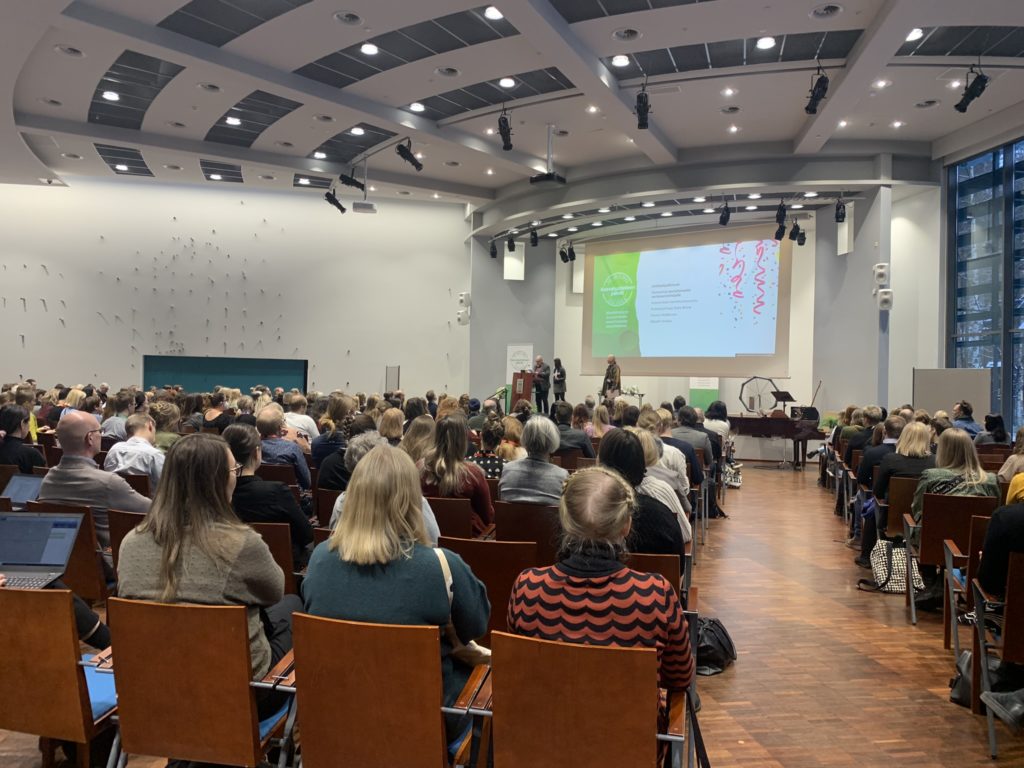
GINTL’s symposium: ‘Global Partnerships in Education Development’
Why a symposium on ‘Global Partnerships in Education Development’?
Enhancing ethical, mutually beneficial and responsible partnerships in research and education development is a core objective of GINTL. Given this mission, it was important for GINTL to provide a platform in the FERA conference – by means of a symposium – where researchers and practitioners involved and interested in global partnerships in education development could share and engage in discussions on the theme. The symposium gave them the opportunity both to share and reflect on their work and to discuss the dynamics involved in North-South education partnerships.
‘Responsible’ and ‘sustainable’ are two words you will often hear when discussing global partnerships in the present day. GINTL’s symposium was a forum for educational researchers to engage in North-South collaboration and to reflect on what these big words – both ‘responsible’ and ‘sustainable’ – entail in higher education partnerships. The symposium sought to answer the following questions: a) How are partnerships perceived by researchers in the Global South and the Global North? And b) How can we build partnerships that are mutually beneficial, deepen our understanding of the challenges and address the fourth United Nations Development Programme (UNDP) Sustainable Development Goal – to “ensure inclusive and equitable quality education and promote lifelong learning opportunities for all”?
To answer these questions, the symposium included three presentations, mediated by Samia Chasi from the International Education Association of South Africa. Chasi joined us virtually from Johannesburg and served as the chair of the symposium – one of GINTL’s efforts to be inclusive and to allow for different modes of participation. The hope was that this option could be especially useful for participants from the Global South, whose voices are often left out because travel to the conference host country, especially in the North, could be challenging.
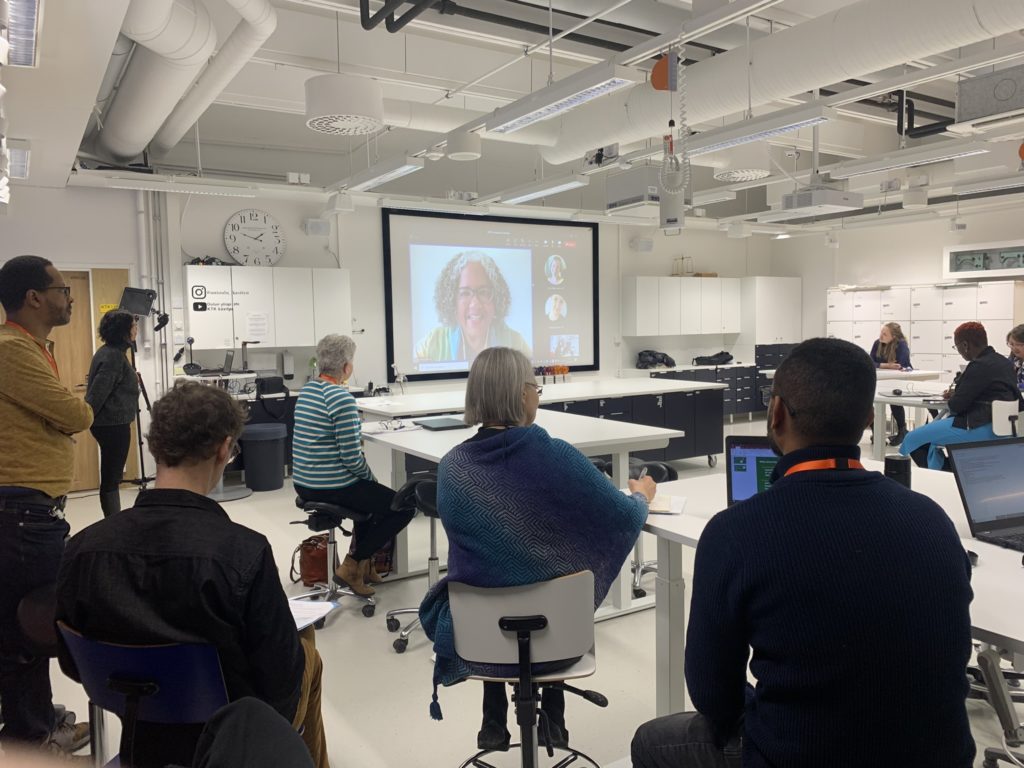
The symposium’s first presentation by Janet Condy (Cape Peninsula University of Technology) introduced the concept of digital storytelling in education, in which learner-centred pedagogies, specifically designed to increase agency and equality in the classroom, would address and strive to improve the global learning crisis. Condy is working on this project together with Karin Murris and Minna Uitto (University of Oulu).
The second presentation by Norma Rudolph (Tampere University) focused on food justice, drawing a line between nutrition and equality – as Rudolph put it herself, the idea that “Just futures depend on food justice.” She continued by arguing the relevance of both indigenous knowledge perspectives and colonial thinking to sustainability and wrapped up with a call to action: It’s time, Rudolph encourages, to reimagine food policies for a more just world.
In the third presentation, Íris Santos (Tampere University, presenter) and Elias Pekkola (Tampere University) narrowed the scope to Finland with an overview of the role of Finnish higher education institutions in development cooperation and education. Their research aims to assess and improve the impact Finland has in the global education crisis. To reach that goal, Santos and Pekkola have set up a list of concrete actions, both for the Finnish government and for the higher education institutions (HEIs) to take. They suggested, for instance, that the Finnish government should clearly define higher education institutions’ role in development policy, and that HEIs’ curriculum content could focus more on education and development.
The symposium had one discussant, Khalid Mohammed Idris (Asmara College of Education, University of Oulu, and Eötvös Loránd University), who reflected on the three presentations. Idris highlighted connections and tensions and left the participants with several thinking as well as discussion points. These included potential partnership and the notion of expertise and ownership in education development and partnership building.
Perspectives on responsible and sustainable North-South educational partnerships
During the symposium, both Condy and Rudolph’s presentations – discussing, respectively, collaborative course design across institutions in the Global North and South and the fostering of an ‘intergenerational dialogue’ on basic (yet unattained) matters as ‘food justice’ – shed light on how responsible and sustainable partnerships in global education could be reimagined. Exploring new ways of handling collaborative course design and introducing perspectives of intergenerational dialogue within teaching and learning discourses in HEIs are exciting examples of the way sustainable partnerships could start to look over the coming years.
The third presentation – Santos and Pekkola’s descriptive report about Finnish experts’ roles on international organizations’ decision-making – contributed to the symposium theme as it explored social and contextual basis of educational practices as well as how expertise could be mobilised in influencing discourses and partnerships in education development.
The presentations lay out principles to improve the roles of HEIs in striving towards responsible and sustainable partnerships. Critical-, caring-, creative-, and collaborative-centred practices of developing course designs, critical engagements with colonial matrices of power, and the promotion of intergenerational dialogue beyond traditional actors within mainstream HEIs across geopolitical contexts were among the principles which seem to have addressed key questions of the symposium. Initiatives of the first two presentations also constructively disrupted teaching and learning traditions of HEIs of isolationism and limited user/practitioner engagements. At the same time, the initiatives build on innovative approaches (e.g., digital storytelling) and strong theoretical groundings (e.g., such relational frameworks as ubuntu philosophy).
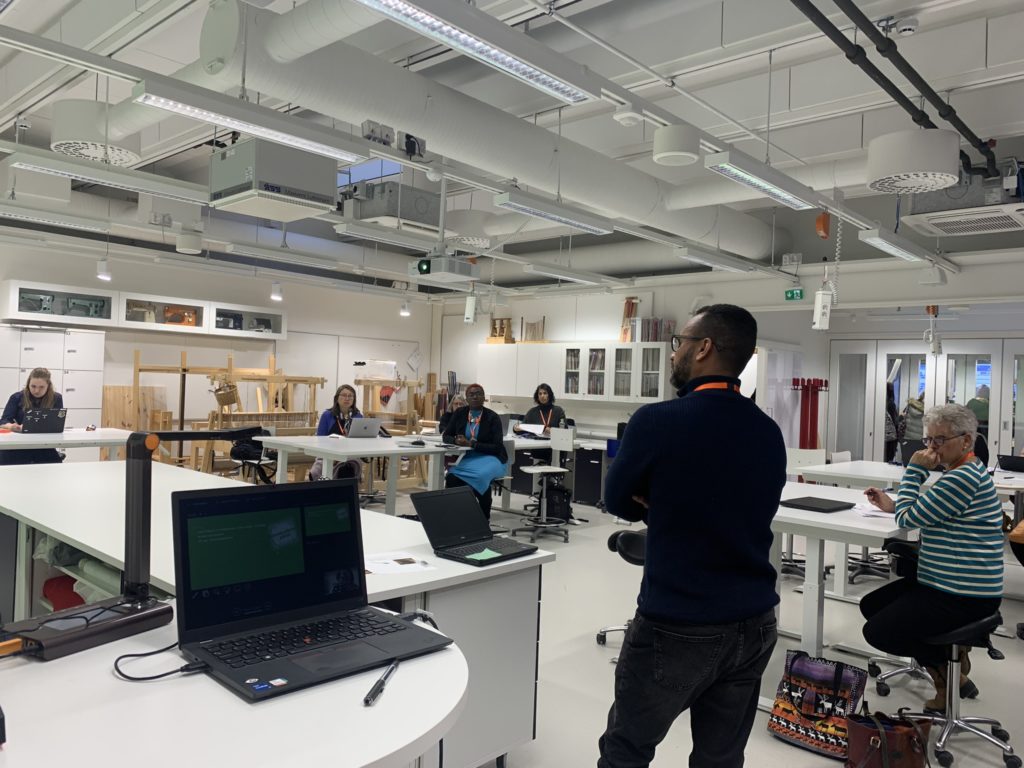
Understanding expertise and ownership in North-South partnerships’ education development
Following Condy’s presentation, researchers’ engagements with the principles of the digital storytelling project – namely, criticality, collaboration, care and creativity – could be as significant as the findings and insights emerging from the studies themselves. The principle of collaboration in particular should be critically unpacked in showing what forms it takes to ‘collaborate’ in HEIs across geopolitical contexts.
Since the projects in question are participatory and aim to engage users and practitioners, it would be interesting to understand how the principles and practices advocated in the projects are owned by people who take part in them. Some major reflection points in this discussion are where expertise lies in global educational partnerships; whose knowledge matters; and what forms that knowledge takes. Answering these questions requires actors of global partnerships to reflect on their assumptions and biases about knowledge production and distribution. It also requires the acknowledgement and accommodation of different knowledges and worldviews – even when they do not look familiar to us – as well as a decolonial mindset. Interestingly, the presentations – and especially Rudolph’s on intergenerational dialogue for ‘food justice’ – drew attention to the idea that ‘experts’ and ‘expertise’ should be negotiated and co-constructed across domains of practice, formal and informal institutions, ‘silenced’ epistemic traditions (e.g., ubuntu philosophy), and age groups.
Further steps
GINTL firmly believes that conversations such as this one are important not only for research purposes, but in reflecting on and shaping the practices of actors involved in North-South partnerships and in co-creating solutions to education challenges. The issues and questions raised by participants of the symposium highlighted the significance of initiatives that the GINTL network hopes to follow up on.
The authors
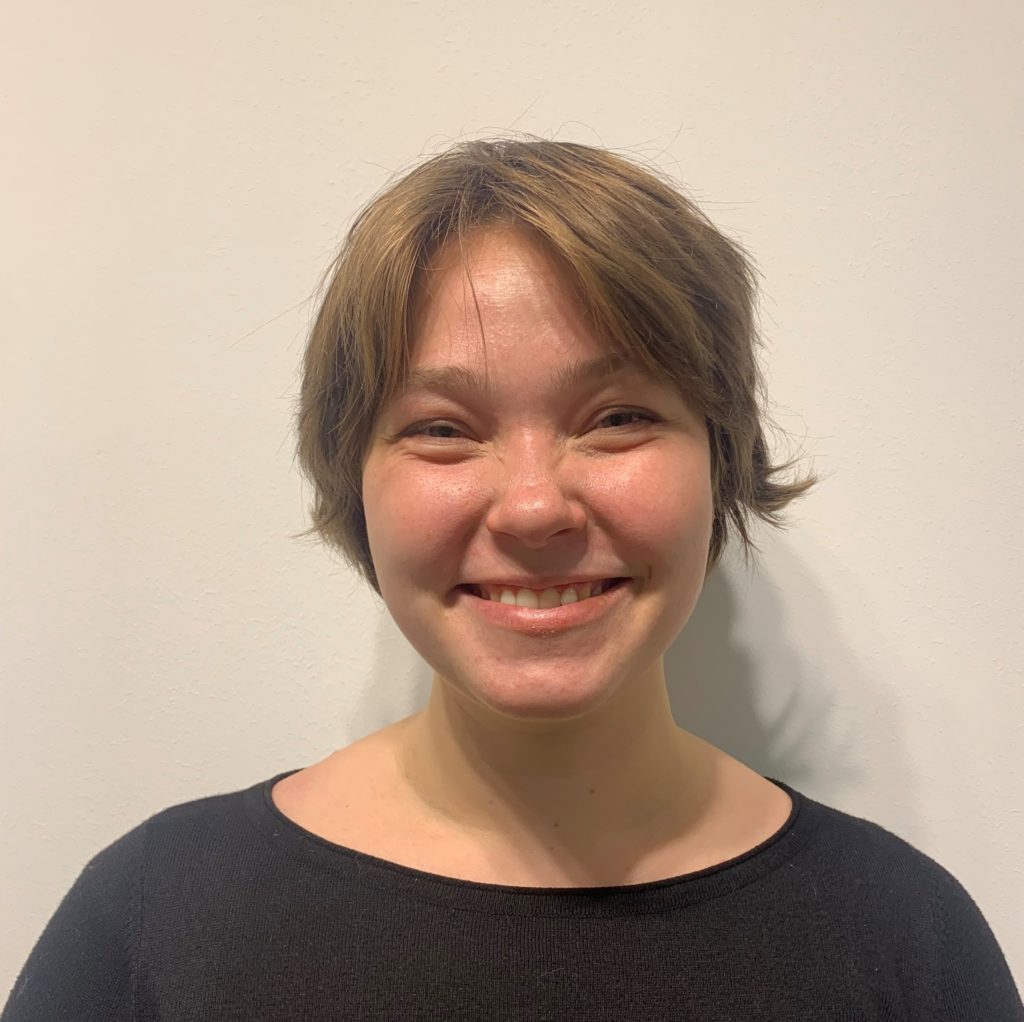
Luna Erica
Trainee, Global Innovation Network for Teaching and Learning (GINTL)
luna.erica[at]helsinki.fi
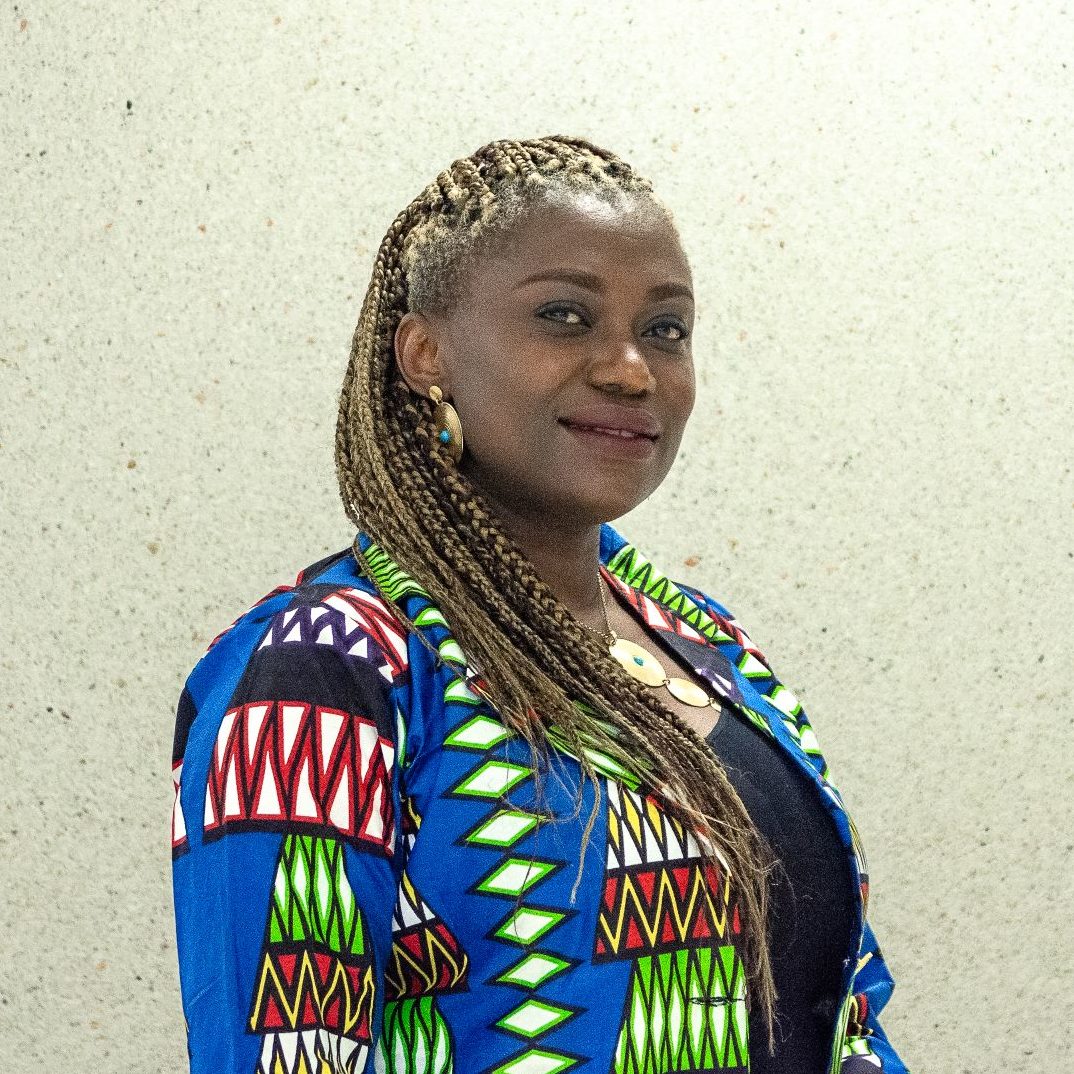
Elizabeth Eta
Postdoctoral Researcher, Global Innovation Network for Teaching and Learning (GINTL)
elizabeth.eta[at]helsinki.fi | Research portal
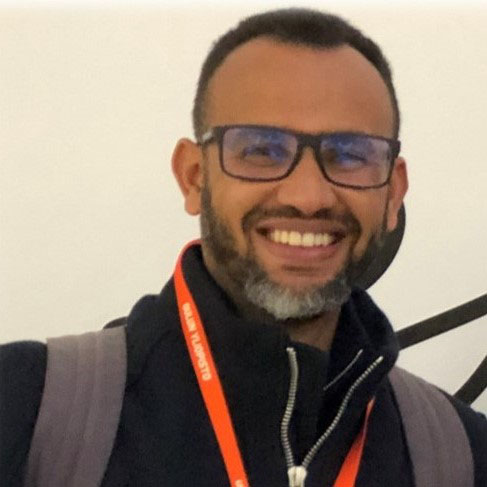
Khalid Mohammed Idris
Doctoral Researcher, Asmara College of Education, University of Oulu, and Eötvös Loránd University
khalididris81[at]gmail.com













